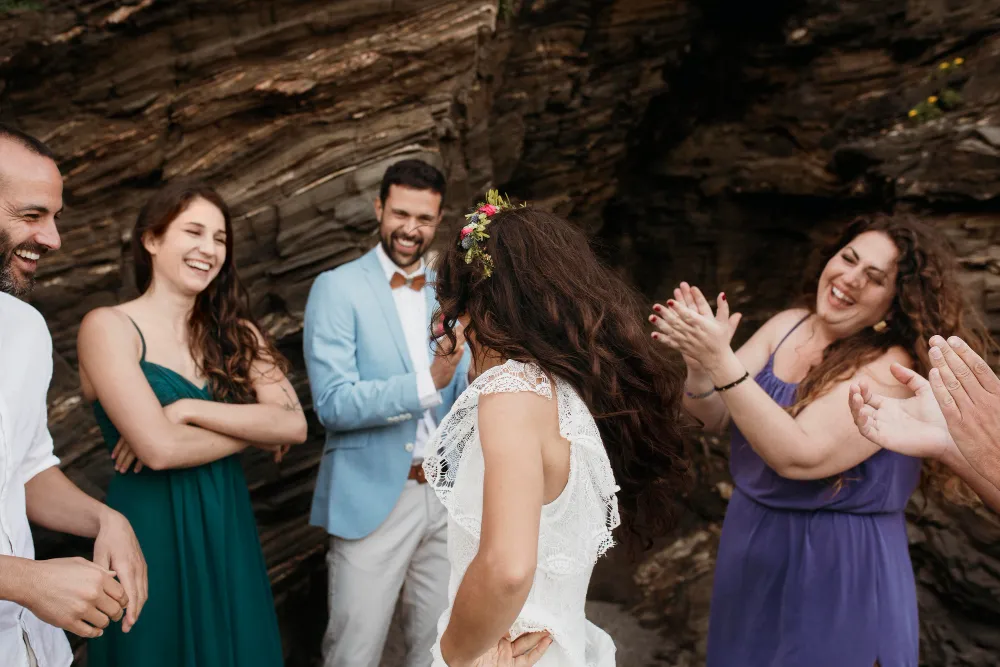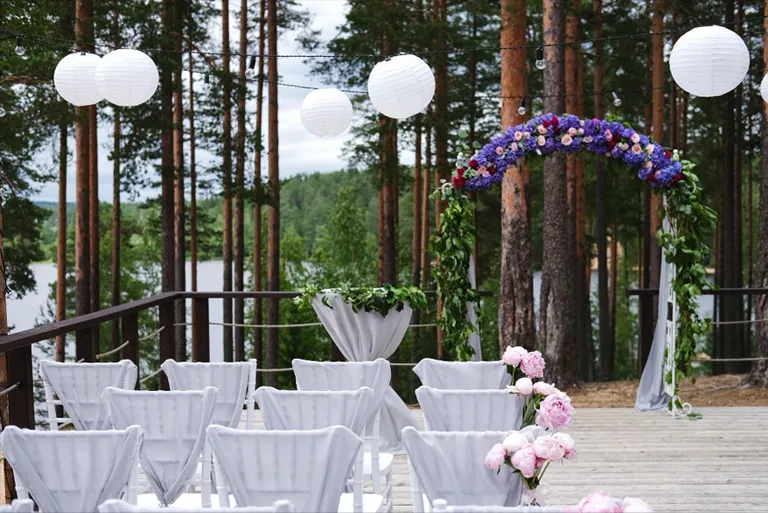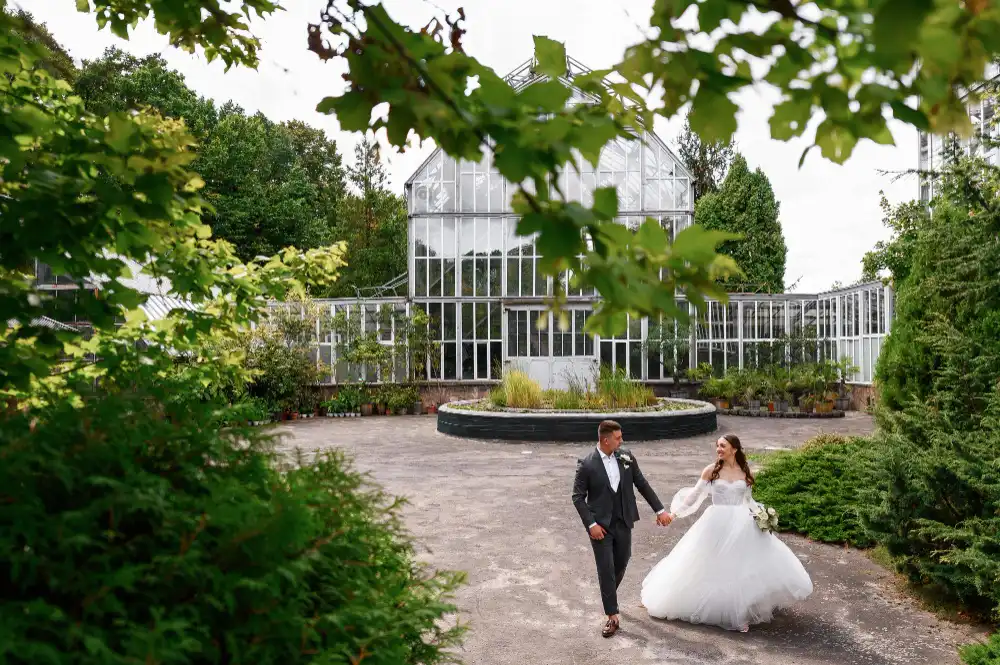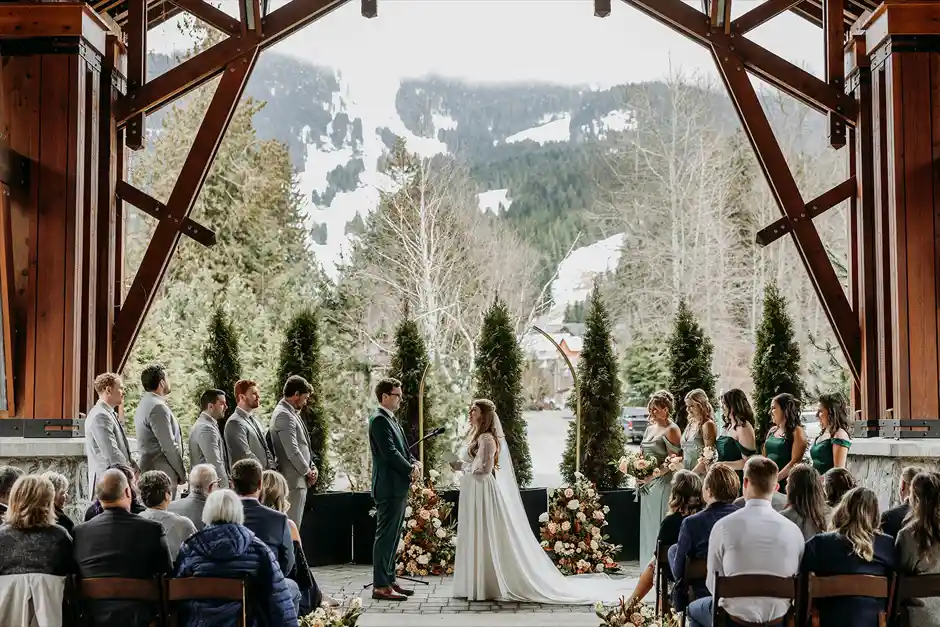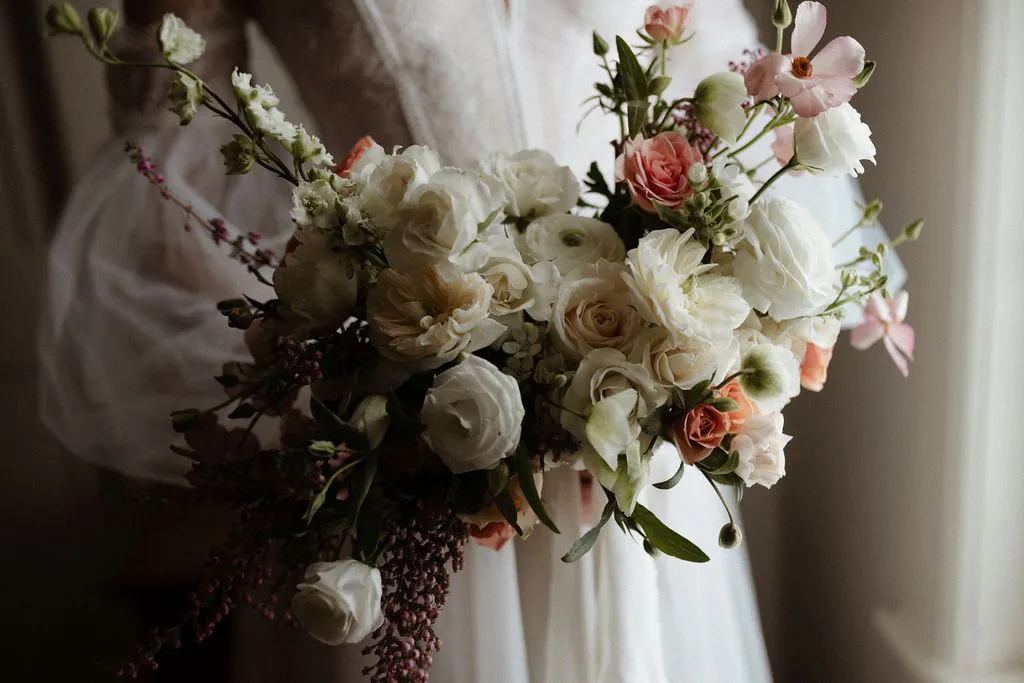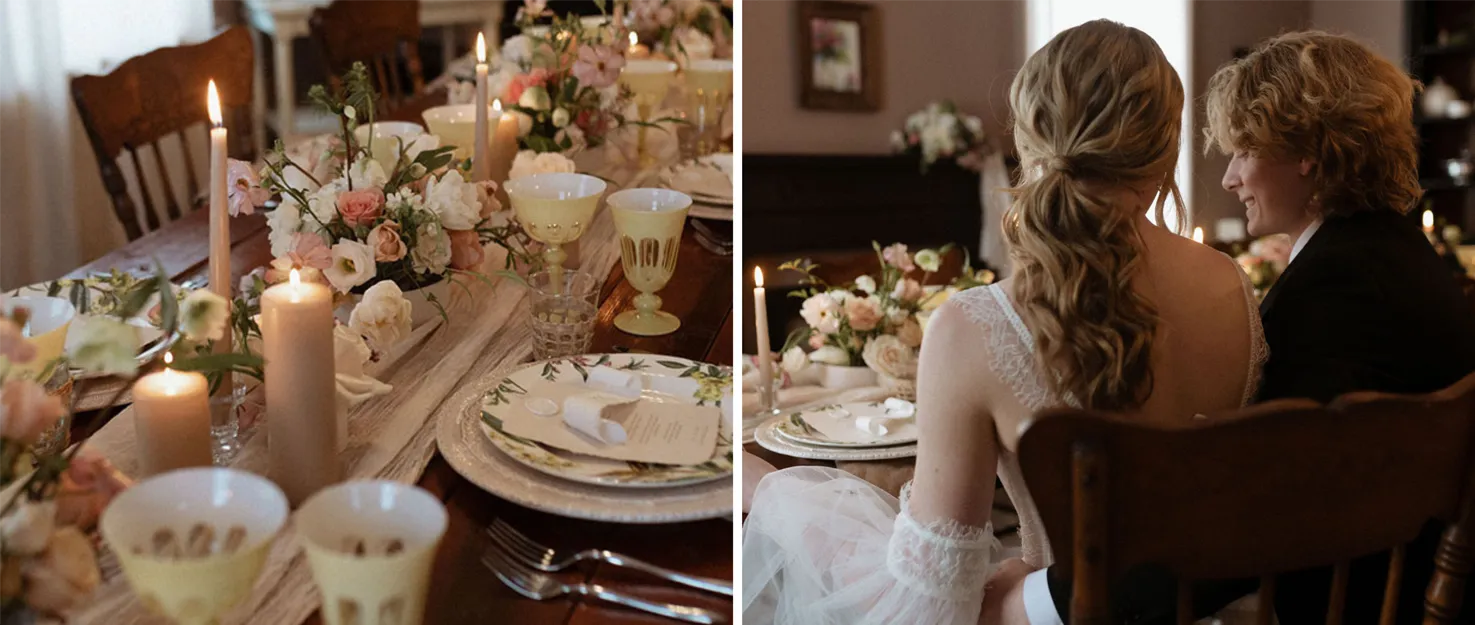The Beauty in the Evolution of Weddings
Weddings are a celebration of love, unity, and the beginning of a new chapter in the lives of two individuals. This cherished institution has been a part of human culture for centuries, evolving and adapting to reflect societal changes while retaining its core purpose: to formalize the commitment between partners.

The Essence of Weddings
At its heart, a wedding is a profound statement of love and dedication. It’s a public declaration of an intimate bond, witnessed by family, friends, and sometimes even the larger community. This special day symbolizes the merging of two lives, two families, and often, two cultures. It is a time-honored tradition that continues to be relevant in the modern world, providing a sense of continuity and connection to our ancestors.
The Ceremony: A Blend of Tradition and Personalization
Wedding ceremonies vary widely across cultures and religions, each with its unique customs and rituals. In many Western cultures, traditional elements like the white dress, the exchange of rings, and the wedding vows are staples. In contrast, Indian weddings are known for their vibrant colors, intricate ceremonies like the Saptapadi (seven steps), and multi-day celebrations.

Modern weddings often blend these traditional elements with personal touches. Couples today have the freedom to design a wedding that reflects their unique personalities and values. This could mean incorporating a favorite song into the ceremony, having a close friend officiate, or even including beloved pets in the celebration. The focus is increasingly on creating a day that is meaningful and memorable for the couple.
The Reception: A Festive Gathering
The wedding reception is a time for celebration, marked by music, dancing, feasting, and heartfelt toasts. It’s an opportunity for guests to share in the joy of the newlyweds, offering their best wishes and enjoying the festive atmosphere. The reception can range from a grand, formal affair in a luxurious venue to a casual, intimate gathering in a backyard or a favorite restaurant.
One of the highlights of many receptions is the first dance, a moment that often symbolizes the harmony and partnership of the couple. Other cherished traditions include the cutting of the wedding cake, bouquet toss, and the garter toss, each adding a touch of fun and tradition to the festivities.

Planning the Perfect Day
Wedding planning can be both exciting and daunting. It involves a myriad of details, from choosing the venue and selecting the menu to designing invitations and coordinating attire. Many couples choose to work with a wedding planner to help navigate the complexities of the process, ensuring that every aspect of the day is seamlessly executed.
A growing trend in wedding planning is the focus on sustainability and ethical choices. Couples are increasingly mindful of the environmental and social impact of their celebrations. This can include opting for locally-sourced, organic catering, using recyclable or biodegradable materials, and choosing venues that prioritize eco-friendly practices.
The Lasting Impact
Beyond the day itself, a wedding has a lasting impact on the couple and their families. It marks the beginning of a new family unit, establishing a foundation of love, support, and mutual respect. For many, it is also a time to reflect on their personal and shared goals, laying the groundwork for a future filled with shared adventures and growth.
Weddings are a beautiful blend of tradition and personal expression. They are a celebration of love that brings people together, creating memories that last a lifetime. Whether grand or intimate, traditional or modern, each wedding is a unique reflection of the couple’s journey and their commitment to one another. As we continue to honor this cherished institution, we celebrate the universal values of love, unity, and the joy of human connection.

Evolution of Weddings Over the Past 50 Years
Weddings in North America, and in our local Ottawa area especially, have transformed significantly over the past five decades, reflecting broader societal changes, technological advancements, and evolving cultural norms. While the core essence of weddings—celebrating love and commitment—remains unchanged, the ways in which couples choose to mark this milestone have undergone notable shifts.
1970s: Traditional and Formal
In the 1970s, weddings were generally traditional and formal affairs. The classic white dress, church ceremonies, and formal receptions were standard. The guest list often included extended family and community members, emphasizing the communal aspect of the celebration. The focus was on established rituals, with less room for personalization. Couples typically followed a set formula for their big day, adhering closely to traditions passed down through generations.
1980s: Opulence and Extravagance
The 1980s brought a wave of extravagance and opulence to weddings. Influenced by the economic boom, weddings became larger and more elaborate. Grand venues, lavish decorations, and extravagant gowns became the norm. The rise of wedding magazines and bridal shows fueled the desire for perfection and grandeur. This era saw the beginning of the “fairy tale” wedding trend, where every detail was meticulously planned to create a dream-like experience.
1990s: Personalization and Intimacy
In the 1990s, there was a shift towards more personalized and intimate weddings. Couples began to move away from cookie-cutter ceremonies, incorporating their unique tastes and preferences. Destination weddings gained popularity, offering a more intimate and memorable experience. The era also saw the rise of themed weddings, where couples would choose a particular motif or style to reflect their personalities and interests.
2000s: Technological Integration and Customization
The 2000s were marked by the integration of technology into wedding planning and celebrations. The internet became a valuable resource for inspiration and planning, with websites like The Knot and Pinterest offering endless ideas and resources. Digital invitations and wedding websites became commonplace, streamlining communication and organization. Videography and professional photography saw significant advancements, allowing couples to capture and share their special day in high-definition detail.
2010s: Inclusivity and Diversity
The 2010s brought a focus on inclusivity and diversity in weddings. Same-sex marriages became legally recognized in many parts of the world, leading to a broader acceptance and celebration of love in all its forms. Cultural fusion weddings became more common, blending traditions from different backgrounds to honor both partners’ heritage. There was also a growing emphasis on sustainability, with eco-friendly practices being incorporated into wedding planning.
2020s: Pandemic Adaptations and Virtual Celebrations
The early 2020s were significantly impacted by the COVID-19 pandemic, leading to unprecedented changes in how weddings were conducted. Many couples opted for smaller, more intimate ceremonies, often held outdoors or at home. Virtual weddings and livestreaming allowed loved ones to participate from afar, ensuring that the celebration could still be shared despite restrictions. This era highlighted the importance of flexibility and adaptability, with couples finding creative ways to celebrate their union amidst challenging circumstances.
Current Trends: Personalized Experiences and Ethical Choices
Today, weddings continue to evolve, with an increasing focus on personalized experiences and ethical choices. Couples are prioritizing authenticity and meaningful connections over grandiosity. Micro-weddings, with fewer guests and more intimate settings, are gaining popularity. Sustainable practices, such as zero-waste weddings and ethical sourcing, are becoming more prevalent. There is also a growing trend towards unconventional venues, such as farms, vineyards, and industrial spaces, allowing for unique and memorable celebrations.

Over the past 50 years, weddings have evolved from traditional, formal ceremonies to highly personalized and diverse celebrations. This transformation reflects broader societal changes and the desire for individuality and authenticity. While the ways in which weddings are celebrated may continue to change, the core essence of love, commitment, and the joy of shared celebration remains timeless. As we look to the future, it’s exciting to imagine how weddings will continue to adapt and evolve, reflecting the ever-changing landscape of human relationships and cultural norms.









 Choosing a theme for your wedding is an exciting way to make your celebration unique and memorable. By integrating the theme into various aspects of your wedding, you create a cohesive and beautiful experience for you and your guests. While challenges may arise, careful planning, creativity, and flexibility can help you overcome them, ensuring that your special day is everything you’ve dreamed of and more.
Choosing a theme for your wedding is an exciting way to make your celebration unique and memorable. By integrating the theme into various aspects of your wedding, you create a cohesive and beautiful experience for you and your guests. While challenges may arise, careful planning, creativity, and flexibility can help you overcome them, ensuring that your special day is everything you’ve dreamed of and more.






